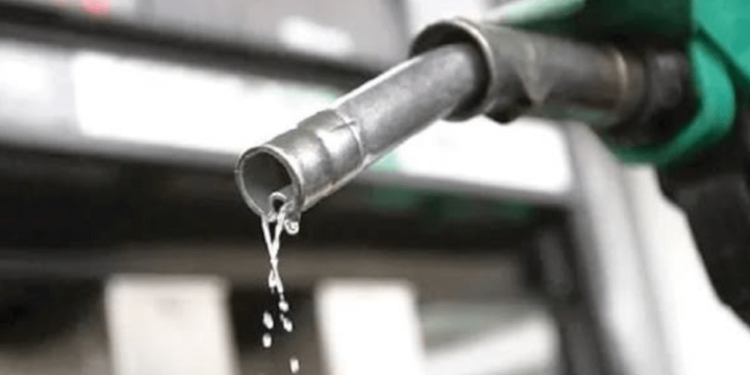The Nigerian National Petroleum Company Limited (NNPCL) has announced a reduction in the ex-depot price of Premium Motor Spirit (PMS), also known as petrol, from ₦1,020 to ₦899 per liter. The Petroleum Products Retail Outlets Owners Association of Nigeria (PETROAN) described the move as a strategic response to deregulation in the downstream sector, fostering healthy competition among oil marketers. PETROAN stated that the development would benefit consumers through reduced transportation costs and improved economic activities.
In a statement on Saturday, PETROAN’s National Public Relations Officer, Dr. Joseph Obele, commended the price reduction, noting that it demonstrates NNPCL’s commitment to making petroleum products more affordable for Nigerians. He emphasized that the decision would stimulate a “price war” among marketers, ultimately benefiting the public, particularly during the holiday season. The organization also acknowledged similar efforts by Dangote Refinery, which had earlier cut prices, contributing to heightened competition in the sector.
According to PETROAN, the benefits of the reduction include cheaper transportation costs for motorists, increased disposable income, and economic stimulation by lowering production costs for businesses. The association further noted that these changes would result in an improved standard of living for Nigerians as basic goods and services become more accessible.
However, PETROAN cautioned that competitive pricing could lead to compromised product quality if not monitored effectively. To address this, the association called on the Nigerian Midstream and Downstream Petroleum Regulatory Authority (NMDPRA) to ensure compliance with quality assurance standards. It reiterated its commitment to overseeing the downstream sector to ensure that the benefits of the price reduction are fully passed on to end-users.
Dr. Obele expressed optimism about further price reductions by January 2025, attributing this to declining global crude oil prices and the strengthening of the naira. He also advocated for the privatization of government-owned refineries to sustain competition and improve efficiency in the sector.
































